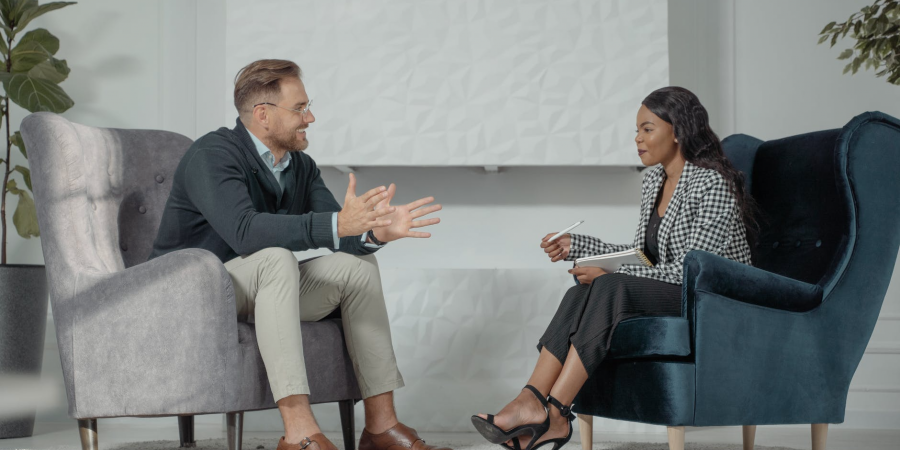

Dressing for an interview is an essential aspect of making a positive first impression. The way you present yourself through your attire can significantly influence the interviewer's perception of your professionalism, attention to detail, and suitability for the job. In this article, we will explore the importance of dressing appropriately for an interview and provide some tips to help you make the right clothing choices.
First impressions are crucial in the interview process. The moment you walk into the room, the interviewer will begin forming opinions about you. Your clothing plays a vital role in creating a favorable impression. Dressing professionally shows that you take the opportunity seriously and that you respect the interviewer's time and the company's culture.
When choosing your interview attire, it's crucial to consider the industry and company you are interviewing with. Different industries have different expectations regarding dress code. For example, if you are interviewing for a corporate position in finance or law, a conservative and formal outfit is generally expected, such as a well-fitted suit and tie for men, or a tailored pantsuit or dress with minimal accessories for women. On the other hand, if you are interviewing for a creative or casual industry like graphic design or tech, you may have more flexibility to showcase your personal style while still maintaining a polished appearance.
Here are some general tips to keep in mind while dressing for an interview:
Research the company's dress code: Look into the company's website, social media, or talk to current employees to get an idea of their dress culture. This will help you determine the level of formality required.
Dress one level above: It's better to be slightly overdressed than underdressed. If the company's dress code is business casual, consider dressing in a more formal business attire. This shows that you take the opportunity seriously and are respectful of the company's expectations.
Choose conservative and neutral colors: Opt for colors like navy, gray, black, or white as they are universally accepted and convey professionalism. Avoid loud or flashy colors and patterns that may distract the interviewer.
Ensure a proper fit: Ill-fitting clothing can give a sloppy or unprofessional impression. Make sure your attire is well-tailored and fits you properly. Take the time to visit a tailor if needed to ensure the best fit.
Pay attention to grooming: Personal grooming is just as important as the clothes you wear. Ensure your hair is well-groomed, your nails are clean, and your shoes are polished. Avoid excessive perfume or cologne, as some people may be sensitive to strong scents.
Pay attention to details: Small details can make a big difference. Iron your clothes to remove any wrinkles, polish your shoes, and make sure your accessories are minimal and tasteful. A simple watch or a modest piece of jewelry can add a touch of sophistication to your outfit.
Be comfortable and confident: While dressing professionally is essential, it's also crucial to feel comfortable in what you wear. If you're uncomfortable or self-conscious, it may affect your confidence during the interview. Choose clothing that makes you feel confident and allows you to focus on the conversation rather than your outfit.
Remember, dressing appropriately for an interview is not just about conforming to societal norms; it's about showing respect for the opportunity and presenting yourself as a professional. By carefully selecting your interview attire, you can make a positive and lasting impression on the interviewer, increasing your chances of success in the job search process.
When it comes to dressing for an interview, it's important to project a professional and polished image. Here are some general guidelines for interview attire:
Men's Attire
Women's Attire:
Thank you for reading…..
Vvjk …
